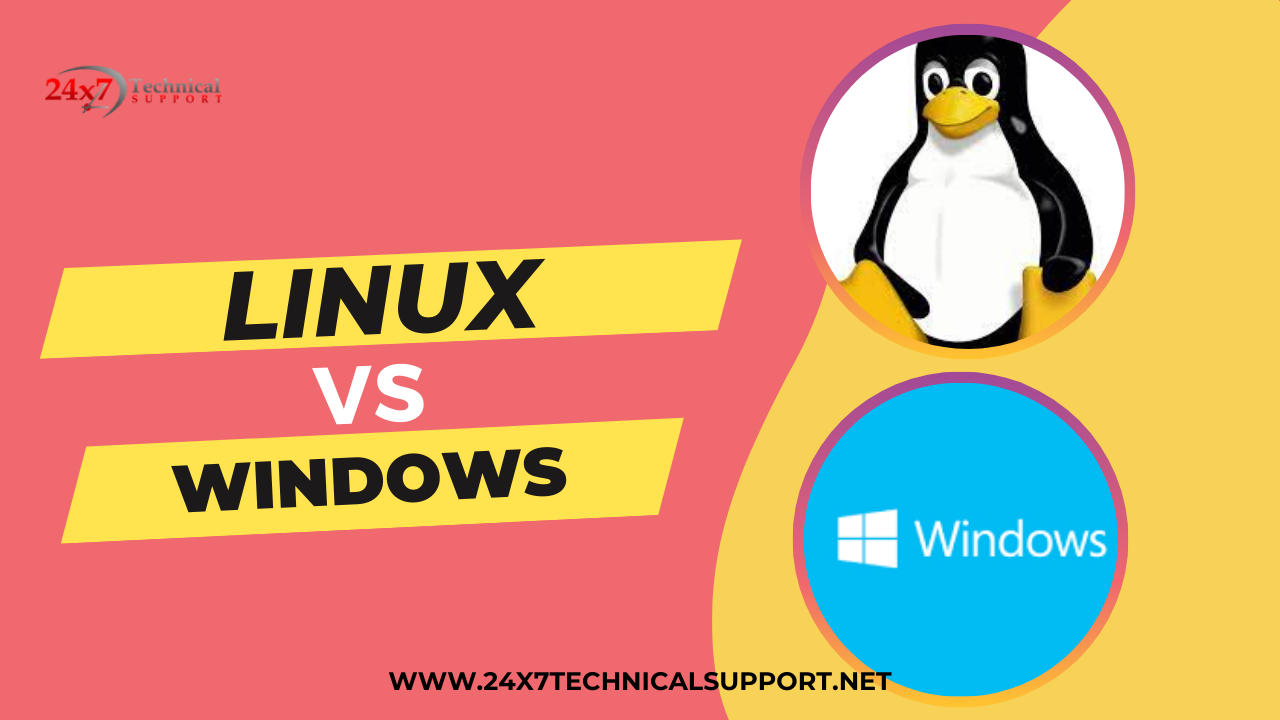
In today’s digital age, servers play a crucial role in powering websites, applications, and various online services. When it comes to server operating systems, two popular choices are Linux and Windows. Both Linux and Windows servers have their strengths and weaknesses, and understanding their differences can help businesses make informed decisions about which platform to choose for their specific needs. In this article, we will explore the key differences between Linux and Windows servers.
Introduction
Server operating systems are designed to provide a stable and secure platform for hosting websites, applications, and other online services. Linux and Windows are two widely used operating systems for servers, and they have distinct characteristics and features that set them apart.
Background of Linux and Windows servers
Linux is an open-source operating system based on the Unix operating system. It is developed collaboratively by a community of developers and is freely available for anyone to use and modify. Windows, on the other hand, is a proprietary operating system developed by Microsoft.
Cost
One of the significant differences between Linux and Windows servers is the cost. Linux is open-source, meaning it is free to download and use. This makes Linux an attractive choice for individuals and businesses looking to minimize costs. In contrast, Windows servers require a license, which can be costly, especially for larger deployments.

User Interface
Linux servers typically use a command-line interface (CLI), which requires users to enter text commands to perform various tasks. While this may seem daunting to those unfamiliar with the command line, it offers a high level of control and flexibility. Windows servers, on the other hand, provide a graphical user interface (GUI), making them more accessible to users who prefer a visual interface.
Software Compatibility
When it comes to software compatibility, Windows servers have an advantage. Many commercial software applications are developed specifically for Windows, and some may not have Linux versions available. However, Linux has a vast array of open-source software and tools that are readily available and compatible with the operating system.
Security
Security is a critical aspect of server environments. Linux servers are known for their robust security features and are less prone to malware and viruses. Additionally, the open-source nature of Linux allows for quick identification and patching of security vulnerabilities. Windows servers, while also offering security measures, have historically been more susceptible to attacks due to their larger user base and proprietary code.

Customization and Flexibility
Linux servers provide unparalleled customization and flexibility. Users have full control over the server’s configuration and can modify every aspect of the operating system to suit their specific needs. Windows servers, while customizable to a certain extent, have more restrictions and are designed with a focus on ease of use rather than extensive customization.
Performance and Stability
Linux servers are renowned for their performance and stability. They are known to handle high loads efficiently and can run for extended periods without requiring a restart. Windows servers have made significant improvements in terms of performance and stability in recent years but may still require occasional reboots for updates and maintenance.
Support and Community
Both Linux and Windows servers have dedicated communities and support networks. However, Linux has a robust and passionate community that offers extensive support, documentation, and forums where users can seek help and share knowledge. Additionally, as Linux is open-source, users can rely on the community to develop patches and updates quickly. Windows servers, on the other hand, benefit from Microsoft’s official support channels, which provide timely assistance and updates.

Server Management
Server management is an essential aspect of maintaining and optimizing server performance. Linux servers typically rely on command-line tools and configuration files, which offer granular control over server settings. Windows servers provide a user-friendly interface for server management, making it easier for administrators who prefer a visual approach.
Web Hosting
Linux servers have long been the preferred choice for web hosting due to their stability, security, and compatibility with popular web technologies like PHP and MySQL. Many hosting providers offer Linux-based hosting packages that come pre-configured with popular web applications. While Windows servers can also host websites, they are more commonly used for hosting applications built on Microsoft technologies like ASP.NET.
Scalability
Both Linux and Windows servers can scale to meet the demands of growing businesses. However, Linux servers are often considered more scalable due to their lightweight nature and ability to run on a wide range of hardware configurations. Linux’s modular design allows for efficient resource allocation, making it suitable for high-performance computing and cloud environments.

Popularity and Market Share
Linux servers have gained significant popularity, especially in the web hosting and cloud computing sectors. They power a large portion of the internet, including major websites and online services. Windows servers, on the other hand, have a strong presence in enterprise environments, particularly where Microsoft technologies are prevalent.
Use Cases
Linux servers are commonly used for web hosting, cloud computing, data centers, and scientific research due to their stability, security, and flexibility. Windows servers are often chosen for enterprise applications, Active Directory management, and environments heavily reliant on Microsoft technologies.
Conclusion
In conclusion, Linux and Windows servers have distinct differences that make them suitable for different use cases. Linux servers offer cost-effective solutions, robust security, customization options, and a passionate community. Windows servers provide a user-friendly interface, excellent software compatibility, and official support, and are well-suited for Microsoft-centric environments. Understanding the differences between these two server operating systems is crucial for businesses to make informed decisions based on their specific needs and priorities.
Visit our other website for Dedicated Support.